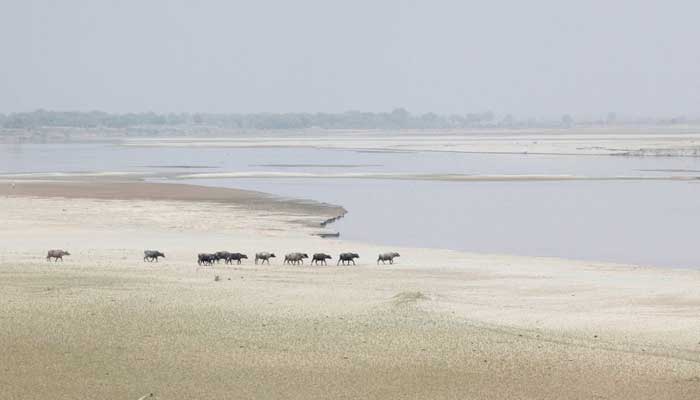After agreeing to establish a global convention on all deltas of the world to assure its protection against growing climate change impacts casting serious influence on its environment and ecosystem, Pakistan’s decreasing Indus River delta has come to the attention of the United Nations.
In order to ensure that all of the world’s major deltas were dying due to the negative effects of climate change, as well as environmental degradation, including sea level rise, a strong international civil society nexus of experts, academicians, policymakers, and stakeholders raised their voices in favour of an international UN Convention for the Conservation River Delta (UN-CCRD) on the sequel to its UN Human Rights Declaration, UN Geneva Pact, and many others.
Collaboration among the Nigerian Bayelsa State Government, the Center for the Advancement of Public Action (CAPA) at Bennington College, the Institute for Environmental Diplomacy and Security at the University of Vermont, the Consortium for Capacity Building at the University of Colorado, the Transboundary Water In-Cooperation Network (TWIN), the Water Environment Forum-Pakistan, and the Vietnamese National University
Read Also: skymet-predicts-below-normal-monsoon-in-india-in-2023
In order to represent Pakistan at the side event, a former senator, federal minister for communication and broadcasting, and chairman of the World Environment Forum, a civil society organization striving to conserve water resources and the environment, attended online. Asim Zia, the director of the Institute for Environmental Diplomacy in Vermont, and Freeman Elohor Oluowo of ACCARD attended the meeting in person.
The UN Sustainable Development Goals (SDGs) to be fulfilled by 2030 include SDG-6, which demands clean water, SDG-13, which asks for climate action, and SDG-14, which calls for protecting and sustainably using the oceans, seas, and marine resources. The worldwide convention would assist in reaching these SDGs.
Story adapted from Geo News
